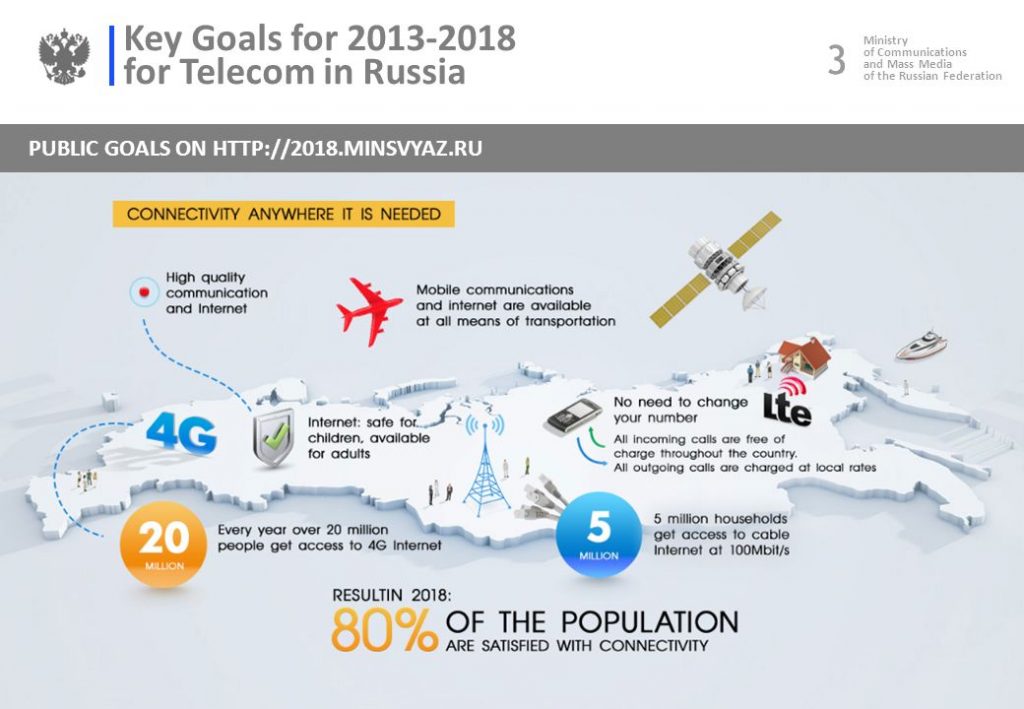20 billion rubles not spent to develop new system: Russian telecom chief

Moscow: Head of Russia’s telecom and media watchdog Alexander Zharov rebuffed reports about spending 20 billion rubles ($293 million) to develop a new system for blocking apps, including Telegram.
“Roskomnadzor (Russia’s Federal Service for Supervision of Communications, Information Technology and Mass Media) has neither asked the Finance Ministry for 20 bln rubles nor any other sum for any programs,” Zharov said in an interview. “We did not do anything that the BBC reported.”
Meanwhile, the watchdog chief confirmed that the telecom agency has kept enhancing its blocking system. “We are certainly working on approaches for effective and precise blocking of content on both websites and apps. That’s because this may be also in demand in an emergency situation,” he said, noting that it’s too early to say that any particular decision was ready.
Earlier, the BBC Russian Service reported citing informed sources that the telecom watchdog had sought to introduce a new technological feature to block banned websites and apps, among them, the cloud-based Telegram messaging service.
The report claimed that Russia’s authorities were ready to earmark up to 20 bln for this innovation based on deep packet inspection or DPI. Internet providers will have to install a new hardware-software complex (HSC) designed to analyze incoming and outgoing Internet traffic and detecting data specific to certain websites and apps, in addition to filtering out undesirable traffic. So, the authors believe that the new system will empower the watchdog to block apps not by IP addresses like before but by their specific characteristics.





